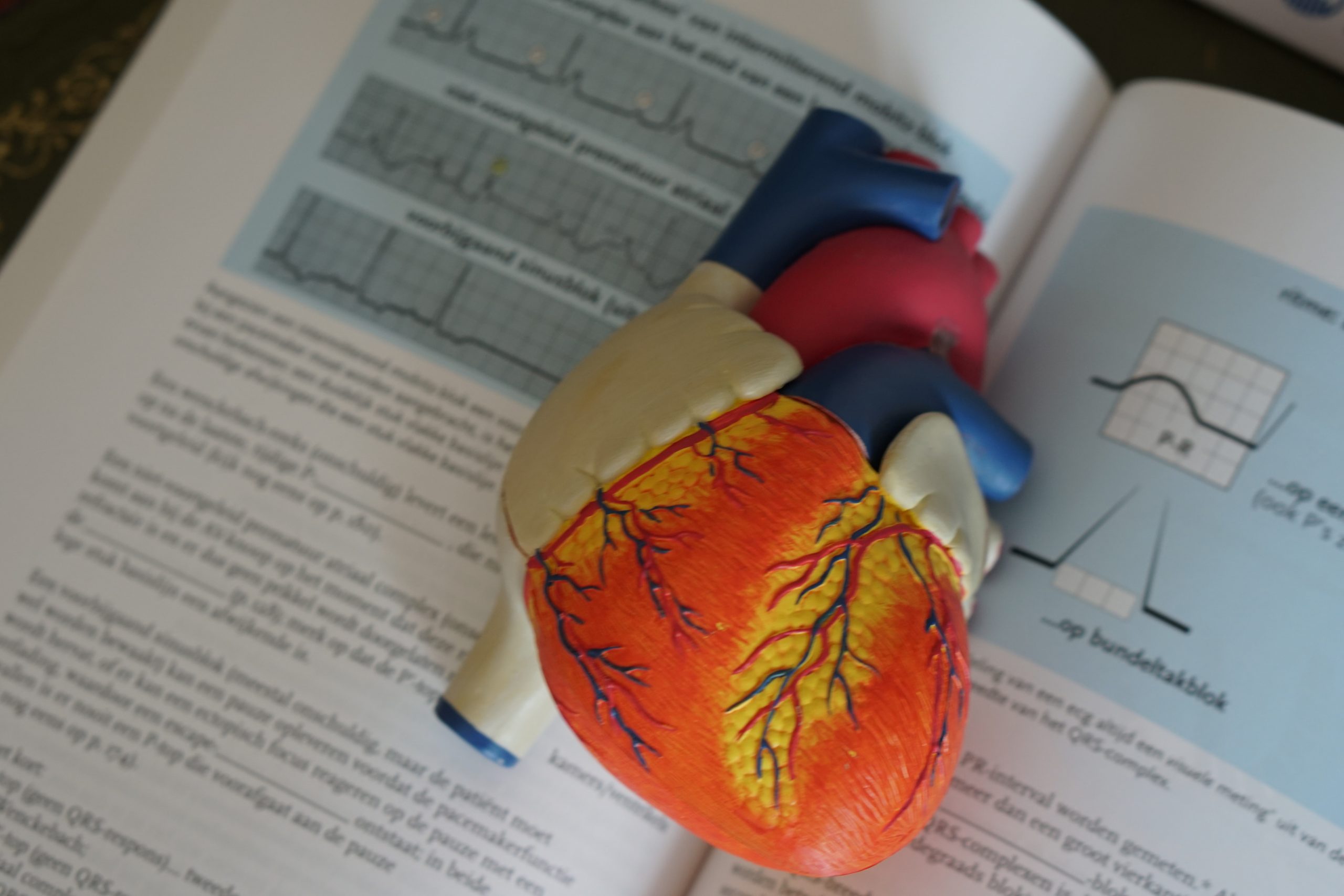When you’re in your 30s, you may think you have plenty of time before you begin to worry about your heart health and your chances of getting a heart attack. Yet recent research indicates that heart attacks mostly associated with older men are occurring increasingly among younger people, especially women.
Keeping a healthy lifestyle in your 30s not only supports you and your heart today, but it also helps secure a better, happier future. Here’s what you need to learn about heart failure in young people – and what you can do to improve the chances of not getting a heart attack at a young age.
There are vast quantities of information aimed at helping us to get healthy by way supplements. Maybe, some men will see changes, and some won’t detect anything at all. The advantage of having testosterone boosters on this list is that they are 100 % effective and have no side effects.
However here are some heart health supplements that help in keeping the heart healthy in your 30s
- Omega-3 fatty acids
Omega-3 fatty acids monounsaturated fatty acids are found in oil from some varieties of fish, vegetables and other plant products. These fatty acids are not formed by the body and must be absorbed in the diet or by supplementation, also called “fish oil.” Omega-3 polyunsaturated fatty acids function by reducing the production of triglycerides by the liver. High levels of triglycerides can contribute to coronary artery disease, heart disease , and stroke. Omega-3 polyunsaturated fatty acids used along with food and exercise aid reduce serum triglyceride levels.
With a double-blind clinical trial of patients with chronic heart disease, treatment of fish oil resulted in a minor but statistically important reduction in the number of people who suffered or were hospitalized for cardiovascular disease. In another double-blind clinical trial, treatment increased heart function and reduced the number of hospitalizations in certain cases.
2.Vitamin d and minerals
Vitamin d and mineral supplements taken at adequate doses can help to reduce the risk of heart disease. Whole grains can be the primary source of nutrition, and evidence indicates that many individuals are short of acceptable intakes. A replacement can’t make up for unhealthful eating habits, but often even people who have healthy eating habits find it hard to get all the fruits, vegetables, and other nutritious foods they need. A supplement will help fill the holes.
- Low magnesium rates can be an indicator of heart disease, research shows this. Low magnesium has also been linked with cardiovascular risk factors such as high blood pressure, the build-up of arterial plaque, degeneration of soft tissues, cholesterol and hardening of the arteries. Magnesium supplements come in a variety of formulations and mineral types, such as magnesium citrate, magnesium gluconate, magnesium hydroxide and the common form of magnesium sulfate, also known as Epsom salt, used for exhausted, tired muscle baths and foot rinses cardiac activity.
4.Coenzyme Q10 (CoQ10)
Coenzyme Q10 (CoQ10) is a vitamin-like substance. It’s found in every cell in the body, your body makes CoQ10, and your cells use it to create the energy your body requires for cell growth and maintenance. This also acts as an antioxidant that prevents the body from damage done by toxic molecules. CoQ10 is naturally found in small quantities in a large range of foods but is especially abundant in organic meats such as the skin, liver, and kidneys, as well as beef, soya oil, sardines, mackerel and peanuts. Coenzymes help enzymes function to protect the heart and skeletal muscles.
- Astaxanthin
Astaxanthin is a very special antibiotic known to give a vivid pink colour to many fish and shellfish. The purest source of this strong antioxidant is obtained from a very small volume of algae.
Good evidence suggests that astaxanthin, in addition to its anti-cancer and anti-inflammatory activity, can improve heart health. Recent clinical findings show that astaxanthin promotes cardiovascular health and helps to control cholesterol levels within a reasonable range.
In a 2011 double-blind, placebo-controlled trial of 27 overweight subjects, astaxanthin was found to reduce LDL cholesterol. In 2010, the findings of a randomized, double-blind trial of 61 non-obese participants showed decreased triglyceride rates in the astaxanthin community. In addition, the analysis showed elevated HDL cholesterol (a “healthy” form of cholesterol). In an additional perk, more work is being done to investigate other possible advantages of astaxanthin, including promoting executive control, increasing physical performance, and reducing signs of ageing in the skin.
Tips to improve heart health
In addition to using the following relevant supplements to battle heart disease, there are few tips to improve heart health:
Reduce your salt rate
Quite enough salt in the blood induces an osmotic gradient that attracts sodium to the bloodstream. The effect is elevated blood pressure, which can strain and eventually damage the walls of the blood vessels. It also makes it harder for the heart to pump blood around the body.
Limit the consumption of saturated and trans fat
Trans fats such as hydrogenated oil raise the amount of bad cholesterol in the body and increase inflammation. Over-consumption of saturated fats can lead to accumulation of cholesterol in the blood flow. Trying to avoid trans fats entirely and censoring saturated fats significantly eliminates their harmful effects on the cardiovascular system.

